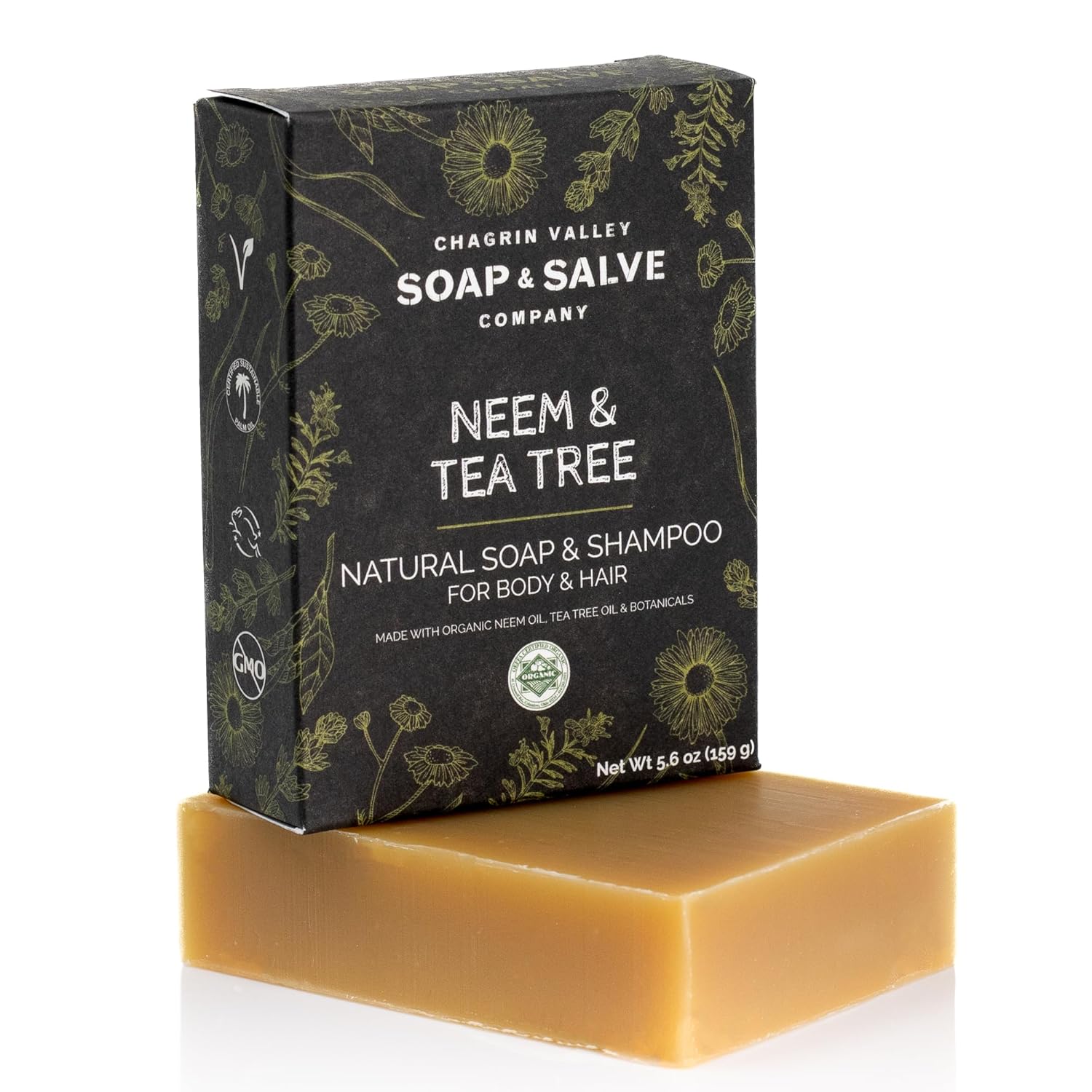Top 7 Best Handmade Soaps 2025: The Ultimate Guide to Natural Beauty
In today's world of mass-produced beauty products filled with synthetic ingredients, handmade soaps stand out as a natural, artisanal alternative that offers numerous benefits for your skin and overall well-being. These carefully crafted cleansers combine the science of saponification with the art of natural skincare, resulting in products that are not only effective but also environmentally friendly.
The History and Science of Handmade Soap
Traditional soap making dates back thousands of years, with evidence of soap production found in ancient Babylonian civilization around 2800 BCE. Unlike commercial soaps that often remove natural oils and contain harsh detergents, handmade soaps typically preserve the glycerin produced during the soap-making process. This natural humectant helps draw moisture to your skin, providing superior hydration compared to many mass-produced alternatives.
The soap-making process involves combining oils or fats with an alkali solution, typically sodium hydroxide (lye), to create a chemical reaction that transforms these ingredients into soap. Artisanal soap makers carefully calculate this formulation to ensure that no lye remains in the finished product while maximizing the beneficial properties of the chosen oils.
Benefits of Handmade Soaps
- Natural Ingredients: Handmade soaps typically contain plant-based oils like olive, coconut, and shea butter that provide natural nourishment to the skin.
- Glycerin Retention: Unlike commercial soaps where glycerin is often extracted for use in other products, handmade soaps retain this moisturizing component.
- Customization: Artisanal soap makers can tailor formulations to specific skin types and concerns by selecting appropriate oils and additives.
- Environmental Impact: Many handmade soaps use sustainable ingredients and minimal packaging, reducing their ecological footprint compared to mass-produced alternatives.
- Unique Properties: Natural additives like essential oils, herbs, and clays provide therapeutic benefits beyond simple cleansing.
Top 7 Handmade Soaps on Amazon
1. Southern Natural Lavender Goat Milk Soap
This gentle soap combines the soothing properties of lavender with nourishing goat milk, making it perfect for sensitive skin. The natural fat content in goat milk provides extra moisture while lavender offers calming aromatherapy benefits.
2. Chagrin Valley Organic Neem & Tea Tree Soap
Perfect for acne-prone or problematic skin, this antibacterial formula harnesses the power of neem oil and tea tree essential oil to combat blemishes while cleansing without over-drying.
3. Dr. Squatch Pine Tar Soap
4. Aspen Kay Naturals Oatmeal Soap
Featuring colloidal oatmeal and organic shea butter, this gentle exfoliating soap soothes irritated skin while providing moisture—ideal for those with sensitive skin conditions.
5. Zum Bar Goat's Milk Soap - Frankincense & Myrrh
This luxurious soap combines ancient aromatic resins with the creamy texture of goat's milk for a spa-like experience that leaves skin soft and subtly scented.
6. The Yellow Bird Activated Charcoal Soap
Detoxifying activated charcoal draws impurities from the skin while essential oils like lemongrass and lavender provide antimicrobial properties and a refreshing scent.
7. Pre de Provence Artisanal French Soap
These quad-milled soaps from Provence contain rich shea butter and follow centuries-old French soap-making traditions, resulting in long-lasting, luxuriously lathering bars.
How to Incorporate Handmade Soaps Into Your Beauty Routine
To maximize the benefits of handmade soaps, consider using them as part of a comprehensive skincare routine. Natural skincare approaches often recommend:
- Using cool or lukewarm water rather than hot water to prevent stripping natural oils
- Allowing your handmade soap to dry thoroughly between uses by storing it on a draining soap dish
- Following cleansing with natural moisturizers like shea butter or jojoba oil
- Rotating different soap formulations to address various skin needs throughout the changing seasons
DIY Soap Making: A Growing Trend
Beyond purchasing artisanal soaps, many beauty enthusiasts are exploring soap making as a rewarding hobby. The cold process method, while requiring careful handling of lye, allows for complete customization of ingredients. The hot process method speeds curing time by applying heat during saponification, while melt-and-pour bases offer a lye-free alternative for beginners.
Conclusion
Handmade soaps represent a return to time-tested skincare wisdom combined with modern understanding of ingredients and their benefits. Whether you're seeking solutions for specific skin concerns or simply want to eliminate synthetic ingredients from your personal care routine, artisanal soaps offer a natural alternative that cleanses effectively while nourishing your skin's natural barrier. By selecting quality handmade soaps with ingredients suited to your skin type, you can transform an everyday necessity into a luxurious self-care ritual that benefits both your skin and the planet.
Disclaimer: This review is based on my personal experience. Results may vary depending on individual skin conditions and concerns.
Some of the links in this post are affiliate links, meaning we may earn a small commission if you purchase through them. This helps support our work and allows us to continue providing quality content. As an Amazon Associate, I earn from qualifying purchases. Thank you for your support!






